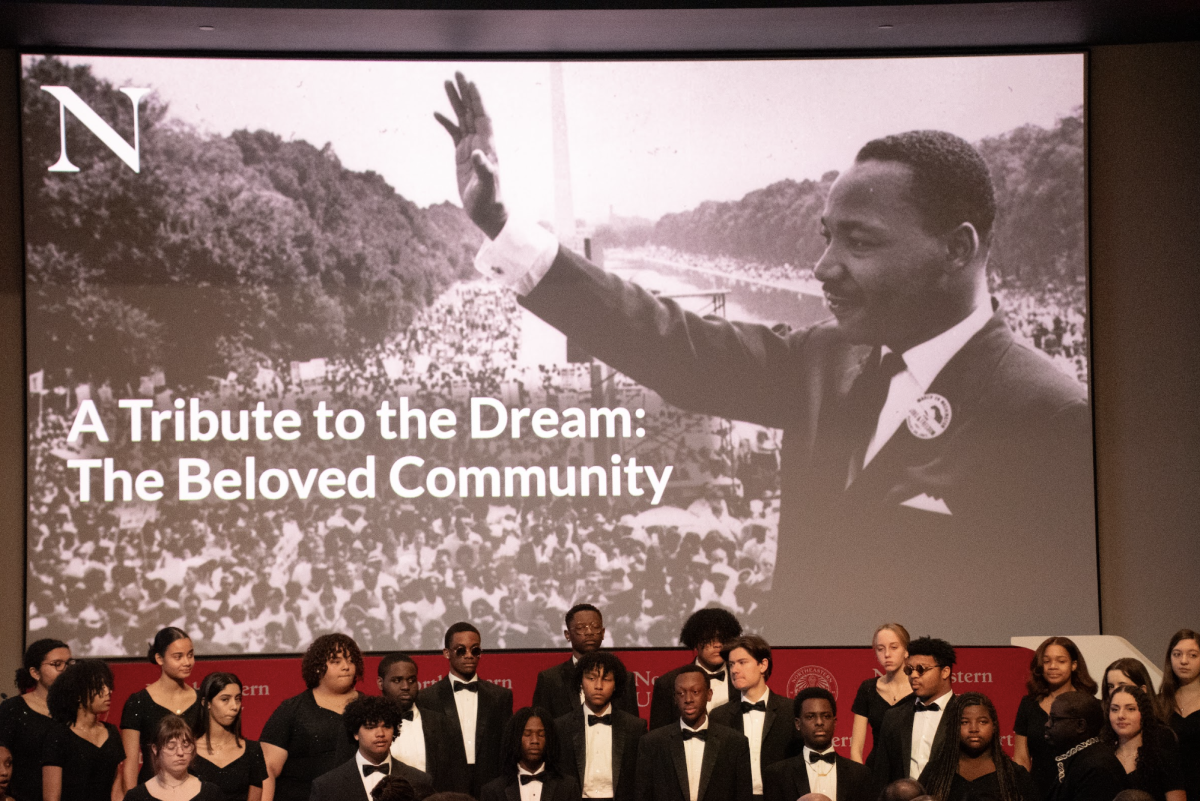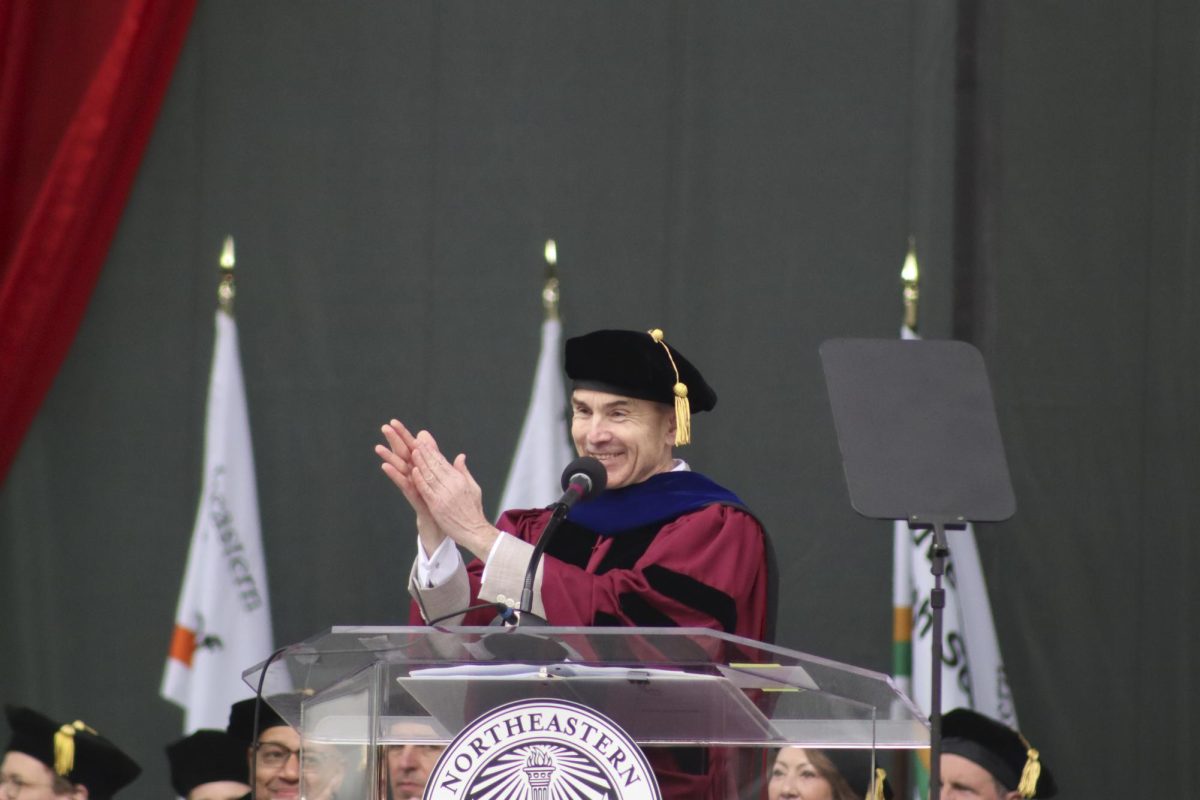The hallways are silent besides the muffled sound of a subwoofer emanating from under the door of one of the rooms. A knock on the door of the last room along the row quiets the noise. A sleepy-eyed boy with vodka on his breath slowly opens the door.
“OK, ” he says, noticing that a Resident Assistant (RA) isn’t present, “Come inside, quick, quick … there’s an RA on the loose.”
On a nightly patrol, RAs may come in contact with this scenario numerous times, particularly in underclassmen housing. If they write an incident report, the process includes confrontation, fact gathering and a comprehensive list of all those involved. The incident report is passed along to a judicial hearing officer who will either forward it to the Office of Student Conduct and Conflict Resolution or a judicial hearing board. The hearing officer then decides on the sanctions or if sanctions are necessary. It is a long process that many RAs don’t enjoy, said one RA, who wished to remain anonymous.
“Most RAs don’t like documenting students because if it becomes a write-up, we realize they can face sanctions,” the RA said. “An experienced RA can write an incident report in 15 to 20 minutes but a long incident report can take an hour or more.”
Senior electrical engineering major and RA in Willis Hall Felipe Basso said because of what the students see the RAs do publicly, they may get the wrong idea as to their role at the university.
“Sometimes, people may get the wrong perception of you because you’re an RA. They may think you are the stereotypical authoritative person: you’re there to write people up and document, and you’re the authority or the enemy,” Basso said. “But most people find that you’re an educator and you’re trying to do your best and help them, and touch their lives in a positive way.”
To obtain the position of RA is not an easy task and certain character traits are desirable, said Director of Residential Life Bob Jose.
“They are institutional role models. When we hire an RA, we are telling people that they have the qualities of character that we want all students to emulate,” Jose said. “They deal with the issues that students face. What we train our staff to do is address those needs.”
Before an RA can get to work, they must attend spring training, as well as a two-week session in August.
During the two-week session, a typical day involves lecture, education on any new policies or changes in university policy and general team building. A part of the team building involves meetings with the supervisors the RAs will be working under, such as the local Resident Director, Assistant Resident Director and the graduate assistant. But during the rigorous training course, which can include working from 7:30 a.m. until sometimes 2 a.m., RAs are equipped with all the skills they need to deal with the first half of the semester, Jose said.
“Our philosophy of RA training is to give the RAs what they need to get them through the first six weeks,” he said. “The reason that six-week period is important is because, particularly with freshmen, that’s kind of like the ‘get-over’ point. If we’re going to have an impact on them it’s going to be pretty much in the first six or seven weeks. So we really concentrate there.”
After attending training, each RA is assigned a floor of students to oversee. Typically, the RA on duty conducts two rounds, or patrols, on weeknights and three rounds during weekend nights. But the job doesn’t end there. They must also work at the safety representative desk and plan events for their floor, as well as spend a majority of the time building alliances with residents, Basso said.
“It’s really about gaining the respect of your residents,” he said. “I’m a student just like you are. My intention is to make this as positive of an experience as possible.”
While there are distinct benefits to being an RA, like free housing, Basso said some aren’t immediately noticeable.
“Because I was an RA here, I have matured into a person I am extremely proud of and I’ve learned things about myself and things about how to interact with others that I never thought I’d get a grasp of,” he said. “I’ve learned to be more respectful, more open-minded. I try to take people in as they are, and understand why they are that way, and accept them as they are without judging.”
After serving the community as an RA for four years, Basso is now in his final year at Northeastern. As he completes his stint here, he said he is going to focus on giving back to the younger RAs.
“I want to teach new RAs and I want to share my experiences with the new RAs so they can serve their students as well as possible,” Basso said. “I believe in what I do and I really like what I do, so, for that reason, I try to be as active as possible in everything that I can.”
Although occasionally an RA may encounter a scenario like that of the sleepy-eyed boy, Basso said his time in the position has been fruitful and continues to please him.
“I have found that working as an RA, I took great joy in helping people out and just being a part of the development process of the students,” he said. “It’s really gratifying when you see residents of yours two or three years later and you see they’re doing great … It’s really gratifying to see that you helped shape a part of their lives and helped them get through a first year here that could have been very difficult if you hadn’t been there.”
– Correspondent Rajan Frantz contributed to this report








